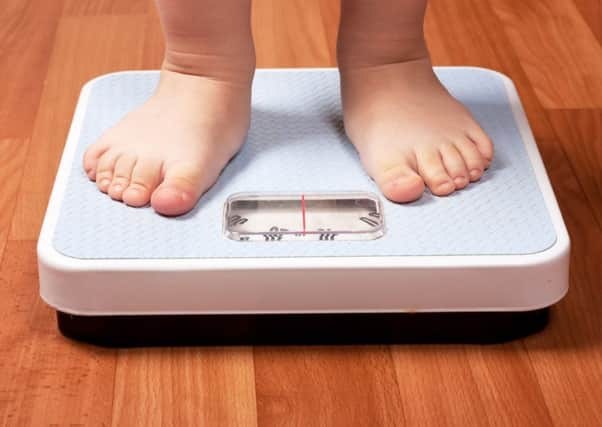One in three primary children in Yorkshire now obese


The new data, from NHS Digital under the National Child Measurement Programme, shows increased obesity levels in primary schools across the country. As many as one in five children are now categorised as obese when they leave primary school, the figures show, with the numbers rising rapidly as children get older.
Health campaigners reacted with dismay to the figures and called on the Government to tighten up its plans for tackling childhood obesity.
Advertisement
Hide AdAdvertisement
Hide Ad“Our nation has hit a devastating record high for childhood obesity,” said Alison Cox, Cancer Research UK’s director of prevention. “The trend over the last decade is showing no signs of slowing down, and this worrying news is something that could have been prevented with more government action. But the Government still has a chance to save lives.
“It has already recognised the influence of junk food marketing on children by banning junk food advertising during children’s programmes. It’s time now to stop influential marketing before 9pm.”
The NHS programme measures the height and weight of more than a million children every year, showing a wide disparity across the country with more deprived areas having much higher figures for childhood obesity. The data shows that obesity is more common among boys than girls, and black children compared with other ethnic groups.
In Yorkshire, the highest rates are in Hull where 35 per cent of Year 6 pupils are classed as overweight or obese, compared to 28 per cent in York, 30 per cent in North Yorkshire, 34 per cent in Sheffield and 35 per cent in Leeds. The lowest figures were in Craven, at 27 per cent.
Advertisement
Hide AdAdvertisement
Hide AdSheffield MP Paul Blomfield has now called on the Government to use the money raised from the new ‘sugar tax’ to fund physical activity sessions during the school holidays.
“I work with the Shine Health Academy in Sheffield who do an extraordinary job turning around the lives of obese children across Sheffield,” he said. “But they are battling, with insufficient funding, against a rising tide of obesity. Physical activity programmes that used to be available during school holidays have fallen away with the cuts in local authority funding. Surely there could be no better use of the sugar tax than to tackle childhood obesity before it goes on to destroy lives.”
A Department of Health spokesman said: “Our plan to tackle child obesity is groundbreaking: no other developed country has done anything as ambitious. The Government has intentionally taken a careful and measured approach which will reduce obesity. Our restrictions on advertising and promotion are among the toughest in the world.
“These steps will make a real difference to help reverse a problem that has been decades in the making, but we have not ruled out further action if the right results are not seen.”